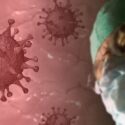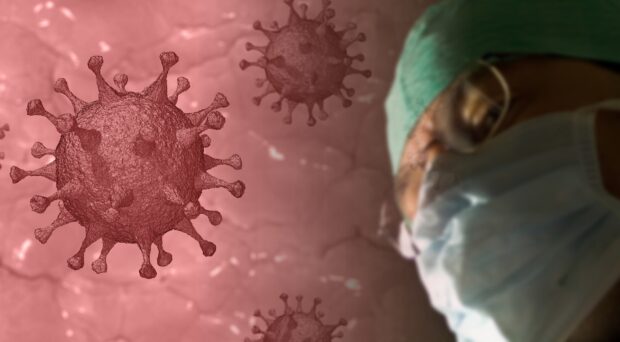Researchers are often eager to contribute to the advancement of science and policy. the institutions they work for and their countries often support them in this effort.
Recent studies have affected the criticism of a number
of articles In the meantime, Israel Journal of Health Policy Research ( The IJHPR() analyzes the factors that led to a wave of high-quality publications from Israeli researchers. These documents have also influenced global efforts to combat the COVID-19 pandemic. The blog addresses two factors that may be of particular interest to researchers, institutions and authorities in other countries.Israel's population is less than 10 million, which represents 0.7 % of all OECD countries. Between January 2021 and June 2022, articles by Israeli authors accounted for 15 % of articles on COVID-19 vaccinations, which Web of Science named as the most cited articles. These are articles that rank among the 1 % most cited by subject area and publication date. Additionally, “Israeli articles” accounted for 11 % of NEJM articles on COVID-19 vaccinations, and 9 % in Nature Medicine. The proportion of medical professionals in Israel working on vaccines increased sixfold between 2018 and 2021.
Israel has had access to a sufficient and steady supply of Pfizer BioNTech vaccines, thanks to Pfizer Israel's agreement on "real-world epidemiological evidence."
Israeli scientists were able to conduct real-world efficacy and safety studies early on, ahead of other researchers around the world. Israel's rapid and effective vaccination campaign, launched in late December 2020 after the US FDA approved Pfizer BioNTech COVID-19, is one of them. It is impossible to determine the effects of a particular intervention until it has been carried out on a large scale. Israel has had access to a sufficient and steady supply of Pfizer BioNTech vaccines thanks to Pfizer Israel's agreement on "collaboration on real-world epidemiological evidence."
As we show in our IJHPR article, the predominance of Israeli researchers in scientific publications on COVID-19 vaccinations is not solely due to two specific, time-limited factors. We identified 12 factors that contributed to this importance. Here we highlight two factors that we believe are particularly relevant for other countries.
Leading research institutes have several ways to quickly mobilize support for research projects undertaken by their scientists.
First, the ability of Israeli scientists to identify and act on a rare opportunity for science and policy to be informed in Israel as well as internationally. Israeli researchers from various Israeli research institutes contributed to the literature. In our article, we discuss several ways in which major research institutions have quickly mobilized to support the relevant research initiatives of their scientists.
Second, the Israeli government and major healthcare providers have established databases incorporating a wide range of data vital for real-world research into vaccine safety and effectiveness. The databases included individual-level data on health conditions, vaccinations and their timing, confirmed COVID cases, disease severity, hospitalizations and deaths. These databases incorporated data from a variety of sources, including hospitals, laboratories, health plans, and individuals.
All researchers can benefit from training to respond to emerging research opportunities and needs.
Both aspects are relevant far beyond COVID-19, and even beyond Israel. All researchers can benefit from training to help them take advantage of emerging research opportunities and needs. In the event of a global health emergency, research institutions could improve their ability to mobilize quickly to support promising researchers' initiatives. Globally, governments and healthcare providers can strengthen their capacity to develop integrated databases essential for high-quality science. Together, these measures can maximize the contributions of scientists around the world to policy and science.
On the Health home page: see all the most recent articles

